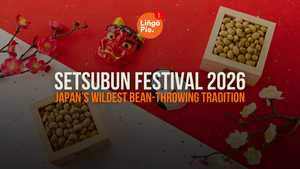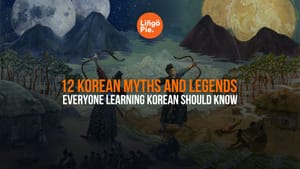I made every possible mistake at my first Oktoberfest. I showed up in a costume-shop dirndl that screamed "tourist," tried to order beer in English while everyone around me effortlessly switched between Bavarian dialect and Hochdeutsch, and spent most of the evening feeling like an outsider watching authentic German culture happen around me. The worst part? I thought I was having the "real" experience.
In this post, I’ll share the lessons I learned from those early mistakes and show you how to approach Oktoberfest like someone who actually gets it. We’ll cover the cultural nuances and the German words and phrases that'll help you connect with locals. By the end, you'll know exactly how to navigate your first Oktoberfest experience without the awkward tourist moments I had to endure.
- How To Say Thank You In German? 18 Natural Ways
- 50+ Funny German Phrases And Their Meanings
- 50 Basic German Phrases For Travel

What Is Oktoberfest?
Oktoberfest is a 16-day folk festival that runs from mid-September to early October in Munich, Germany. It started in 1810 as a celebration for Crown Prince Ludwig's wedding and has since become the world's largest beer festival, attracting over 6 million visitors annually.
The festival takes place on a 100-acre area called Theresienwiese (locals just call it "Wiesn"), where massive beer tents operated by Munich’s traditional breweries serve specially brewed Oktoberfest beer alongside traditional Bavarian food. Each tent has its theme, some focusing on traditional folk music and dancing, while others lean more toward modern party vibes.
While Munich hosts the original and most famous Oktoberfest, cities around the world now hold their own versions during the same time period. These celebrations typically feature German beer, traditional foods like bratwurst and sauerkraut, and plenty of lederhosen and dirndls, though they're usually much smaller and less traditional than the Munich original.
Why Is Oktoberfest Celebrated?
Oktoberfest originated in 1810 to celebrate the marriage of Crown Prince Ludwig (later King Ludwig I) and Princess Therese of Saxony-Hildburghausen. The royal wedding turned into a massive public party with horse races, food, and beer, and everyone had such a good time that they decided to do it again the next year.
The event was such a success that it became an annual tradition. Over time, it evolved from a royal celebration into a public festival, with a growing emphasis on beer, Bavarian culture, and community gatherings.
Today, it's simply a celebration of Bavarian culture and community. Munich's breweries show off their best seasonal beers, families keep old traditions alive, and people from everywhere come together to eat, drink, and enjoy German hospitality.
When Is Oktoberfest?
Now, this may surprise you because the Oktoberfest doesn't start in Oktober, instead it starts in September.
Oktoberfest traditionally begins in late September and runs for 16 to 18 days, ending on the first Sunday in October. In Munich, it usually starts on the last weekend of September and concludes on the first weekend of October. For example, in 2024, Oktoberfest will run from September 21 to October 6.
Brief History Of Oktoberfest
Oktoberfest began as a celebration of the marriage between Crown Prince Ludwig (later King Ludwig I) and Princess Therese of Saxony-Hildburghausen on October 12, 1810. The citizens of Munich were invited to join in the festivities, which included horse races held in the fields in front of the city gates, later named "Theresienwiese" (Therese’s Meadow) in honor of the princess. This event marked the birth of what would become the world’s largest beer festival.
What started as a one-day event quickly grew into an annual tradition, expanding in both duration and scale. Over the 19th century, additional attractions were added, including agricultural shows, carnival rides, and beer stands.
By the late 19th century, the focus shifted more towards beer, with large beer tents and halls becoming the central attraction. The festival gradually extended to 16-18 days, typically running from mid-September to the first Sunday in October.
How Is The Oktoberfest 2025 Celebrated?
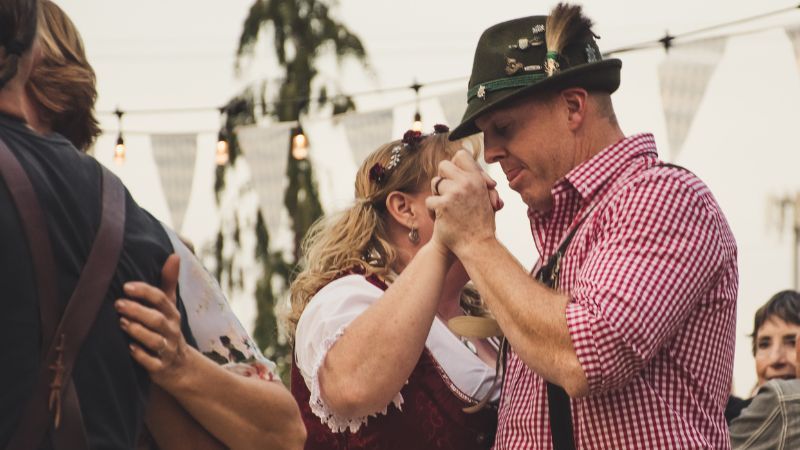
1. Beer Tents and Breweries
The heart of Oktoberfest lies in its massive beer tents, each run by one of Munich’s traditional breweries like Paulaner, Spaten, or Hofbräu. These tents are temporary structures, some of which can accommodate up to 10,000 people.
Inside, visitors are served beer in liter-sized mugs (known as a "Maß") by waitresses in traditional attire. The atmosphere in these tents is lively, with music, singing, and plenty of camaraderie. The beer served is a special brew, typically a Märzen, which is slightly stronger than regular beer and brewed specifically for the festival.
The festival can start, only after the official gun salute and the mayor shouting "O’ zapft is!" and offering the first mug to the Minister-President of the State of Bavaria. This has been the tradition since 1950!
2. Traditional Bavarian Clothing (Dirndl and Lederhosen)
Attendees of Oktoberfest often don traditional Bavarian outfits, which are a key part of the festival's charm.
Women typically wear a Dirndl, a dress that includes a bodice, blouse, full skirt, and apron. Men wear Lederhosen, knee-length leather trousers often paired with a checkered shirt and traditional hats. Wearing these outfits is not just for tourists; many locals also dress up, adding to the authenticity and festive spirit of the event.
3. Parades, Music, and Dances
Oktoberfest kicks off with a grand parade, featuring traditional costumes, horse-drawn beer wagons, and marching bands. This procession, known as the "Einzug der Wiesnwirte," is led by the Munich mayor and marks the official opening of the festival.
Throughout Oktoberfest, various parades and performances take place, including traditional Bavarian dances, oompah bands, and yodeling. The music, often a mix of traditional folk songs and modern hits, plays a central role in the festivities, encouraging singing, dancing, and clinking of beer mugs.
What Are Local Oktoberfest Foods?
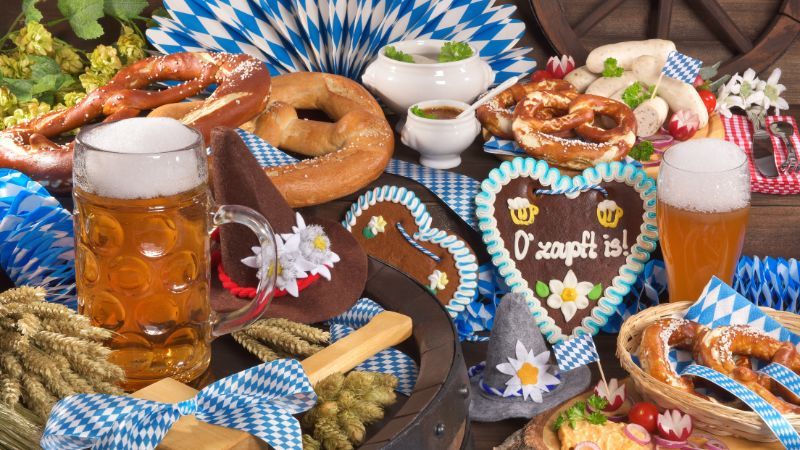
The culinary offerings at Oktoberfest are as much a part of the tradition as the beer. Some of the most iconic foods are:
1. Pretzels (Brezn)
Large, soft pretzels are a staple snack at Oktoberfest, often enjoyed with beer. They are typically served warm and are slightly salty, making them the perfect accompaniment to a Maß of beer.
2. Sausages (Würstl)
Various types of sausages are available, with the most popular being Weisswurst (a white sausage made from veal and pork) and Bratwurst (a spiced pork sausage). These are usually served with mustard and a side of sauerkraut or potato salad.
3. Roast Chicken (Hendl)
Another Oktoberfest favorite is the Hendl, a whole roast chicken that is juicy and flavorful, often served with potato dumplings or a simple bread roll.
4. Other Delicacies
You’ll also find dishes like Schweinshaxe (pork knuckle), Kartoffelsalat (potato salad), and various types of strudels and cakes to satisfy any sweet tooth
What Do Germans Call Oktoberfest?
Germans often refer to Oktoberfest as the "Wiesn" (pronounced "VEE-sen"). This colloquial name comes from "Theresienwiese," the large field in Munich where the festival has been held since its inception. "Wiesn" literally means "meadow," and it's a term commonly used by locals to describe the event.
German Words For Oktoberfest
| German Word | English Translation | Description |
|---|---|---|
| Bier | Beer | The main attraction of Oktoberfest, with special brews like Märzen and Weissbier being popular. |
| Brezn | Pretzel | A large, soft pretzel, a quintessential festival snack that pairs well with beer. |
| Wiesn | - | Colloquial name for Oktoberfest in Munich, derived from "Theresienwiese," where the event is held. |
| Prost! | Cheers! | Traditional toast before drinking; an important part of the social experience at Oktoberfest. |
| Dirndl & Lederhosen | - | Traditional Bavarian clothing worn by women (Dirndl) and men (Lederhosen) during Oktoberfest. |
| Gemütlichkeit | - | The cozy, warm, and friendly atmosphere that embodies the spirit of Oktoberfest. |
| Hendl | Roast Chicken | A staple food at Oktoberfest, often served with potato salad or bread rolls. |
| Maß | Liter-Sized Beer Mug | A one-liter glass mug used for serving beer at the festival; the standard serving size. |
| Biergarten | Beer Garden | Outdoor areas where visitors can enjoy beer, food, and the festive atmosphere in a communal setting. |
Read Also:
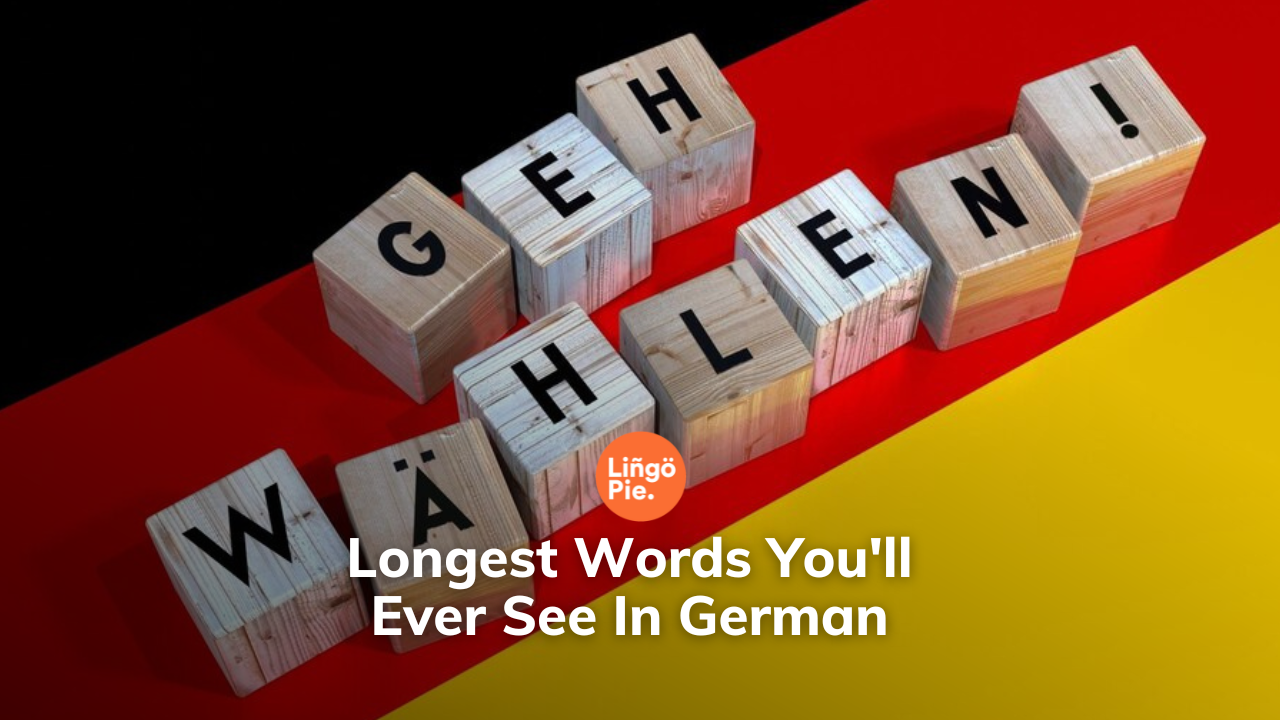
Tips For Attending Oktoberfest
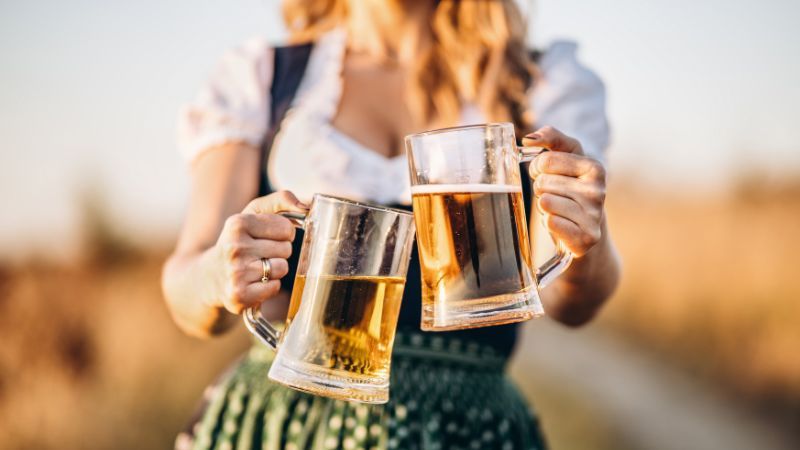
What To Wear For Oktoberfest?
To fully embrace the Oktoberfest experience, consider wearing traditional Bavarian clothing:
For Women:
A Dirndl is the classic choice. It consists of a bodice, blouse, full skirt, and apron. When tying the apron, remember that the position of the bow has significance—tied on the left means you’re single, on the right means you’re taken, in the center means you’re a virgin, and in the back means you’re a widow or server.
For Men:
Lederhosen are the go-to option, consisting of knee-length leather shorts with suspenders, often paired with a checkered or plain shirt. Adding traditional accessories like wool socks, Alpine hats, or Haferl shoes completes the look.
Whatever You Wear, Make Sure It's Comfy!
Oktoberfest involves a lot of walking, standing, and dancing, so wear comfortable shoes. If you prefer not to wear traditional attire, casual but neat clothing is perfectly acceptable, but avoid overly casual wear like flip-flops or shorts.
How To Order In German?
Knowing a few key German phrases can improve your Oktoberfest experience and make it easier to enjoy the festival:
Ordering Beer:
"Ein Maß, bitte!" (A liter of beer, please!)
If you want more than one, you can say, "Zwei Maß, bitte!" (Two liters of beer, please!)
Ordering Food:
"Ein Hendl, bitte!" (A roast chicken, please!)
"Eine Brezn, bitte!" (A pretzel, please!)
Thanking Your Server:
"Vielen Dank!" (Thank you very much!)
Making a Toast:
"Prost!" (Cheers!)
Paying the Bill:
"Die Rechnung, bitte." (The bill, please.)
It’s customary to tip your server, so you can say, "Stimmt so," to indicate they should keep the change.
Read Also:
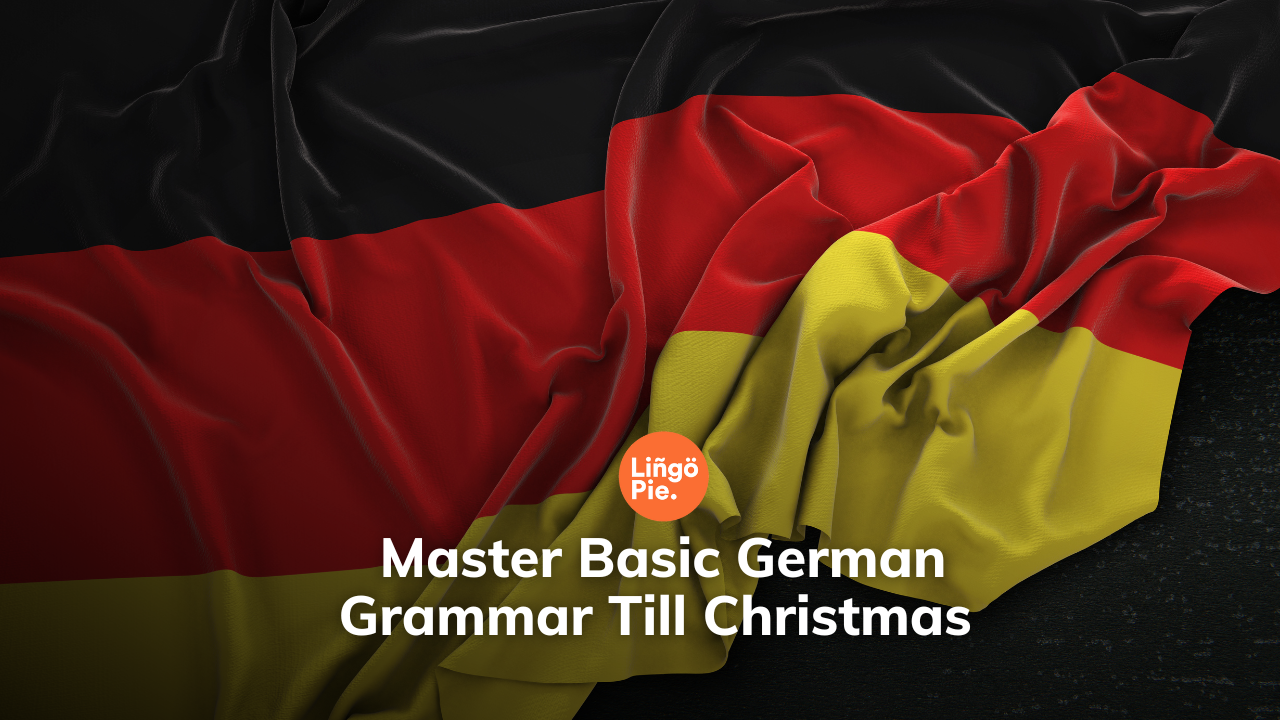
Finding the Best Tents and Events
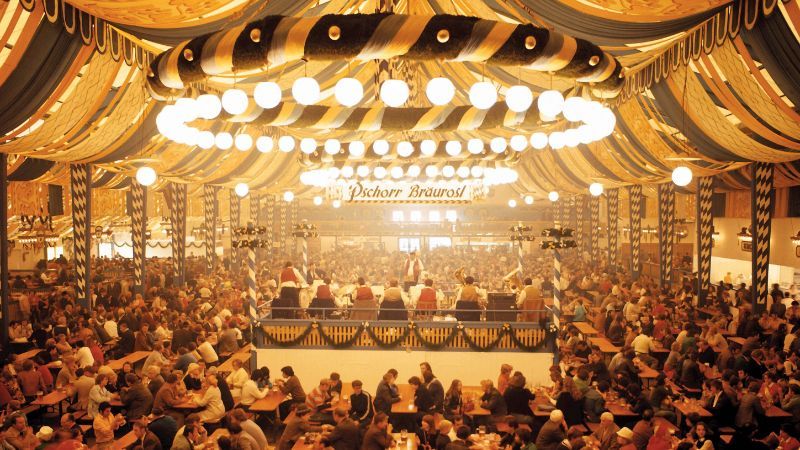
1. Arrive Early
The most popular beer tents fill up quickly, especially on weekends. Arriving early in the morning or on weekdays increases your chances of finding a good spot.
2. Know the Tents
Each beer tent has its own unique atmosphere and specialties. For example, the Hofbräu tent is known for its lively, international crowd, while the Augustiner tent is more traditional and beloved by locals. Research or ask around to find the tent that best suits your preferences.
3. Make Reservations
Some tents allow reservations, which can be a good idea if you’re attending with a large group. If you don’t have a reservation, don’t worry—there are usually tables reserved for walk-ins, but be prepared to share with others.
4. Explore Beyond Beer
Oktoberfest offers more than just beer tents. Check out the traditional parades, carnival rides, and cultural events scattered throughout the grounds. The "Oide Wiesn" area is a special section dedicated to a more historical, family-friendly Oktoberfest experience.
5. Use Landmarks
The festival grounds, "Theresienwiese," are large and can be overwhelming. Use prominent landmarks like the Bavaria statue or specific tents to help navigate and find your way back to your group.
6. Stay Safe
Keep an eye on your belongings, stay hydrated, and be mindful of your alcohol consumption. Oktoberfest is a fun and lively event, but it’s important to look out for yourself and your friends.
Final Words
Oktoberfest is more than just a festival—it's a global celebration of Bavarian culture, community, and joy. Whether you’re experiencing the original festivities in Munich or enjoying a local version elsewhere, the festival's blend of tradition, music, and merriment offers a unique and unforgettable experience. Embrace the spirit of Oktoberfest, savor the flavors, and join in the global toast to good times and great company. Prost!
Learn German by Watching Movies through Lingopie!
Who says learning Spanish can’t be fun? Grab your favorite snacks and binge-watch German TV shows and movies to learn German. That's the mission of Lingopie, making language learning fun and immersive!
Lingopie makes learning a new language fun and effective by using real TV shows, movies, and documentaries. It offers interactive subtitles, so you can click on any word to get an instant translation and pronunciation.
If this sounds fun to you, download Lingopie from the App Store or Play Store now and get a FREE 7-day trial!
Frequently Asked Questions About Oktoberfest
1. What is Oktoberfest and why is it celebrated?
Oktoberfest is a famous beer festival held annually in Munich, Germany. It began in 1810 to celebrate the marriage of Crown Prince Ludwig and Princess Therese. Over the years, it has evolved into a global celebration of Bavarian culture, featuring traditional foods, music, dancing, and, of course, lots of beer.
2. Is there an Oktoberfest in Ohio?
Yes, Ohio hosts several Oktoberfest celebrations, the most notable being Oktoberfest Zinzinnati in Cincinnati. This event is one of the largest Oktoberfest celebrations in the U.S., featuring German beer, food, music, and traditional Bavarian festivities.
3. Is Oktoberfest just about drinking?
No, Oktoberfest is much more than just drinking beer. While beer is a big part of the celebration, the festival also includes traditional Bavarian music, dancing, parades, carnival rides, and a variety of foods like pretzels, sausages, and roast chicken. It’s a cultural event that brings people together to enjoy and celebrate Bavarian traditions.
4. What are the rules of Oktoberfest?
At Oktoberfest, there are a few important rules to keep in mind:
- No Smoking in Tents: Smoking is not allowed inside the beer tents.
- No Glasses Outside Tents: You can't take the beer mugs (Maß) outside of the tents.
- Respect the Dress Code: While not mandatory, wearing traditional Bavarian attire like Dirndl or Lederhosen is encouraged.
- Age Restrictions: You must be at least 16 years old to drink beer and 18 years old for stronger alcoholic drinks.
5. What is not allowed at Oktoberfest?
- Bringing Your Own Alcohol: You can’t bring your own alcohol; only beer served in the tents is allowed.
- Large Bags or Backpacks: For safety reasons, large bags and backpacks are not permitted.
- Standing on Tables: Standing on benches is allowed, but standing on the tables is not.
- Illegal Drugs and Weapons: As with any public event, drugs and weapons are strictly prohibited.


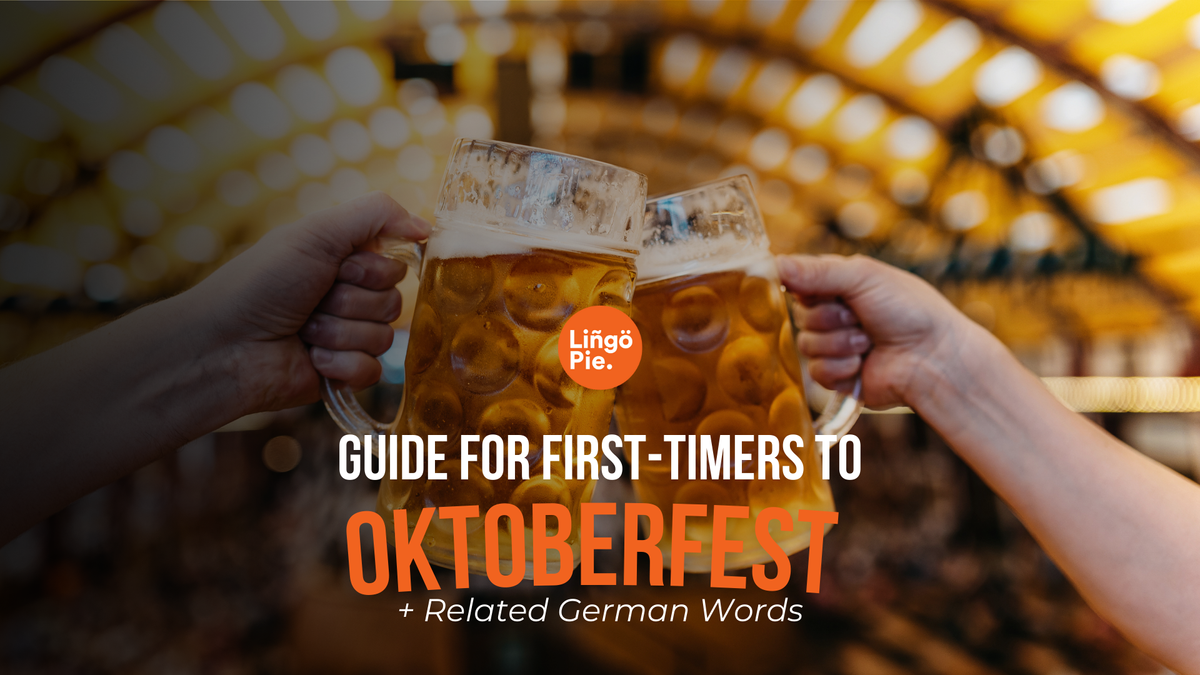


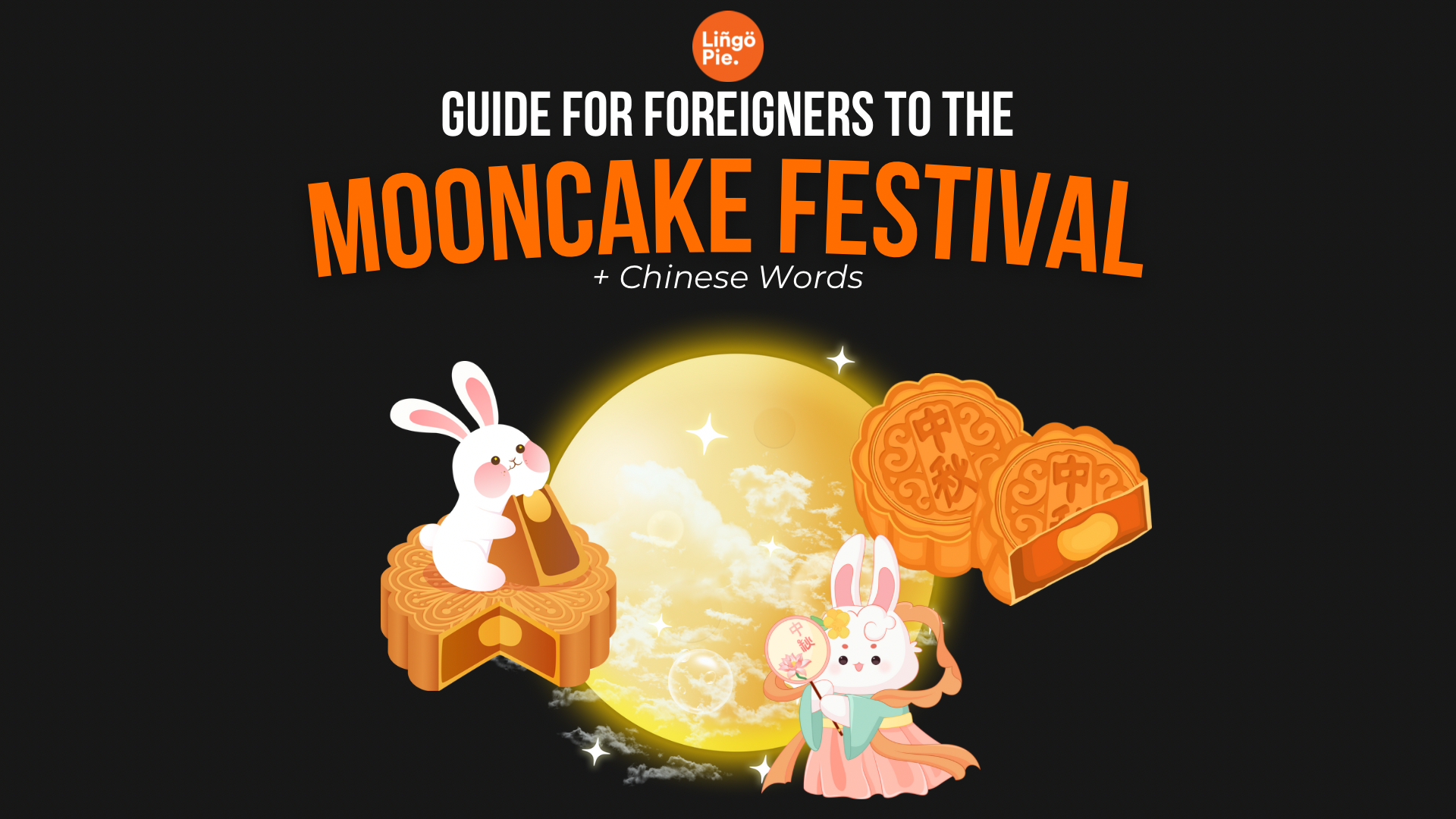
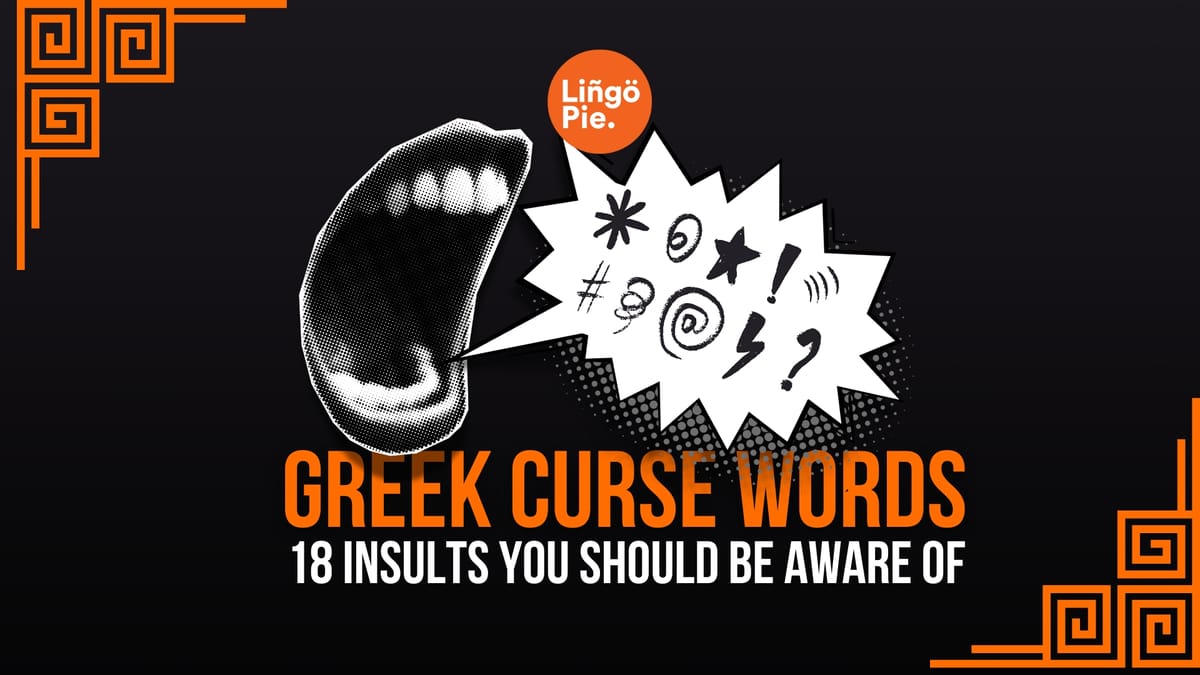

![How To Say Love In Different Languages [120+ Ways]](/blog/content/images/size/w300/2024/11/How-To-Say-Love-In-Different-Languages--120--Ways-.jpg)
